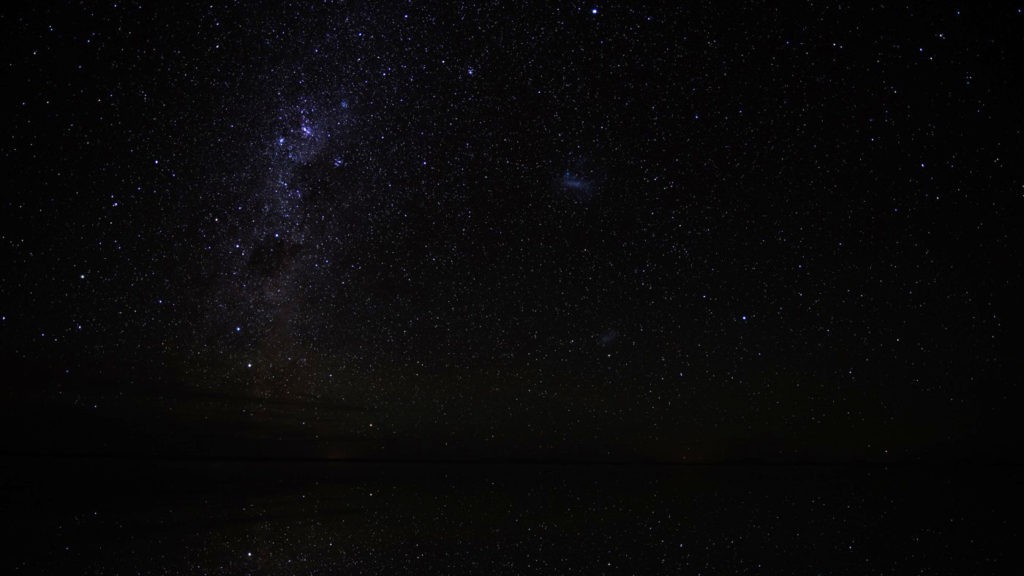Gravity. The universe after Einstein
02 Dec 2017 - 29 Apr 2018
GRAVITY. THE UNIVERSE AFTER EINSTEIN
02 December 2017 - 29 April 2018
Curated by Giovanni Amelino-Camelia, Luigia Lonardelli, Vincenzo Napolano, Andrea Zanini
Space-time, crises, confines: an exploration via mutually dependent and interconnected key concepts
In 1917, Albert Einstein published an article that gave rise to modern cosmology and transformed the models of the cosmos and the universe hitherto imagined by scientists and thinkers, revolutionising the concepts of time and space.
One hundred years on from this publication, MAXXI is dedicating an exhibition to one of the figures to have had the greatest influence on contemporary thinking.
The project is the result of a unique collaboration between the museum, the Italian Space Agency and the National Institute of Nuclear Physics for the scientific side and the Argentine artists Tomás Saraceno for the artistic aspects.
Investigating the connections and the profound analogies between art and science, Gravity. The universe after Einstein recounts the developments of the theory of relativity in the current vision of the universe and the fascinating spin-offs it is still producing in the field of art.
Through the involvement of international artists, the exhibition pays tribute to the scientist who radically altered our knowledge and perception of the universe.
Immersive artistic and scientific installations, iconic artefacts and simulations of experiments drawing us closer to the essence of the scientific innovations introduced by Einstein and revealing the underlying depths of the known universe, but also the mechanisms that bind together all those searching for knowledge, in a collective process in which artists and scientists play roles of equally fundamental significance to society.
02 December 2017 - 29 April 2018
Curated by Giovanni Amelino-Camelia, Luigia Lonardelli, Vincenzo Napolano, Andrea Zanini
Space-time, crises, confines: an exploration via mutually dependent and interconnected key concepts
In 1917, Albert Einstein published an article that gave rise to modern cosmology and transformed the models of the cosmos and the universe hitherto imagined by scientists and thinkers, revolutionising the concepts of time and space.
One hundred years on from this publication, MAXXI is dedicating an exhibition to one of the figures to have had the greatest influence on contemporary thinking.
The project is the result of a unique collaboration between the museum, the Italian Space Agency and the National Institute of Nuclear Physics for the scientific side and the Argentine artists Tomás Saraceno for the artistic aspects.
Investigating the connections and the profound analogies between art and science, Gravity. The universe after Einstein recounts the developments of the theory of relativity in the current vision of the universe and the fascinating spin-offs it is still producing in the field of art.
Through the involvement of international artists, the exhibition pays tribute to the scientist who radically altered our knowledge and perception of the universe.
Immersive artistic and scientific installations, iconic artefacts and simulations of experiments drawing us closer to the essence of the scientific innovations introduced by Einstein and revealing the underlying depths of the known universe, but also the mechanisms that bind together all those searching for knowledge, in a collective process in which artists and scientists play roles of equally fundamental significance to society.

